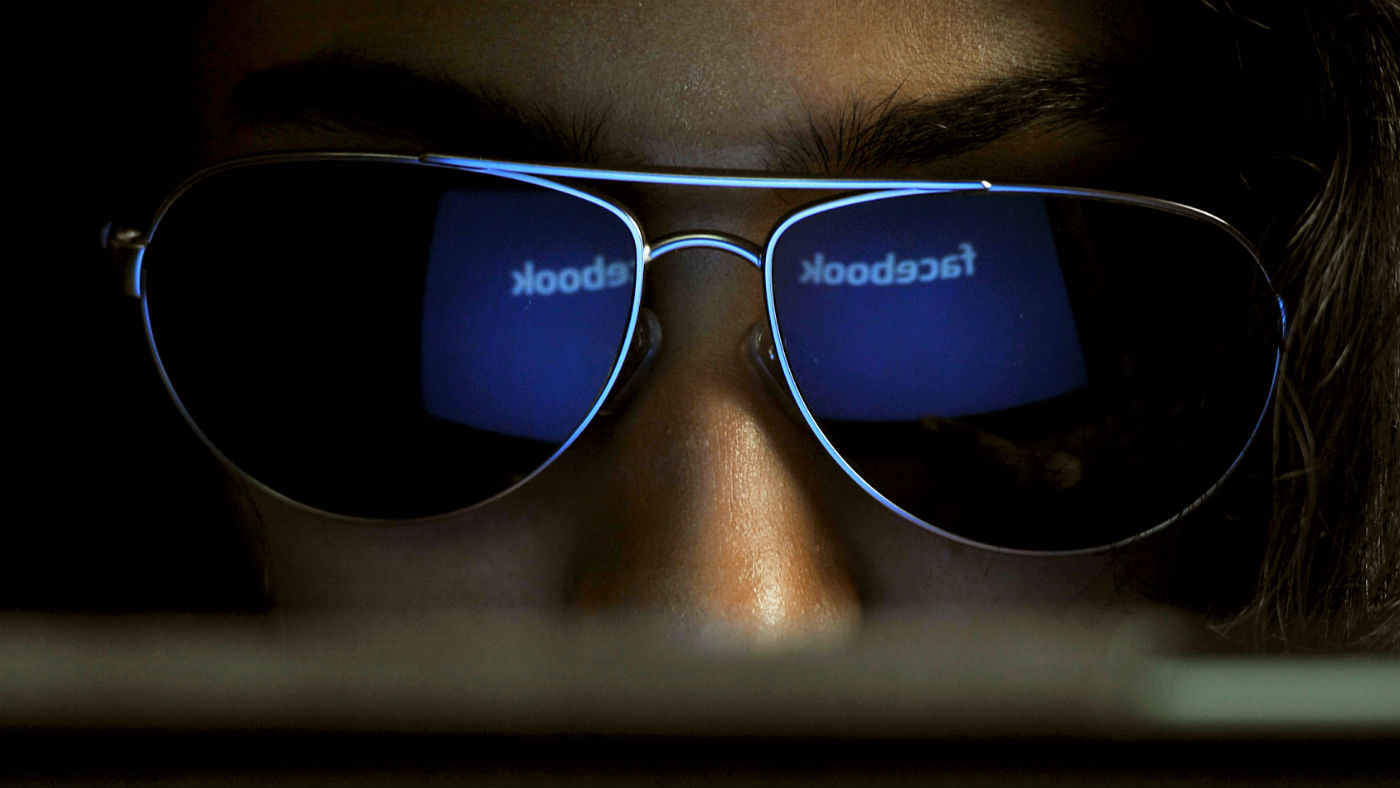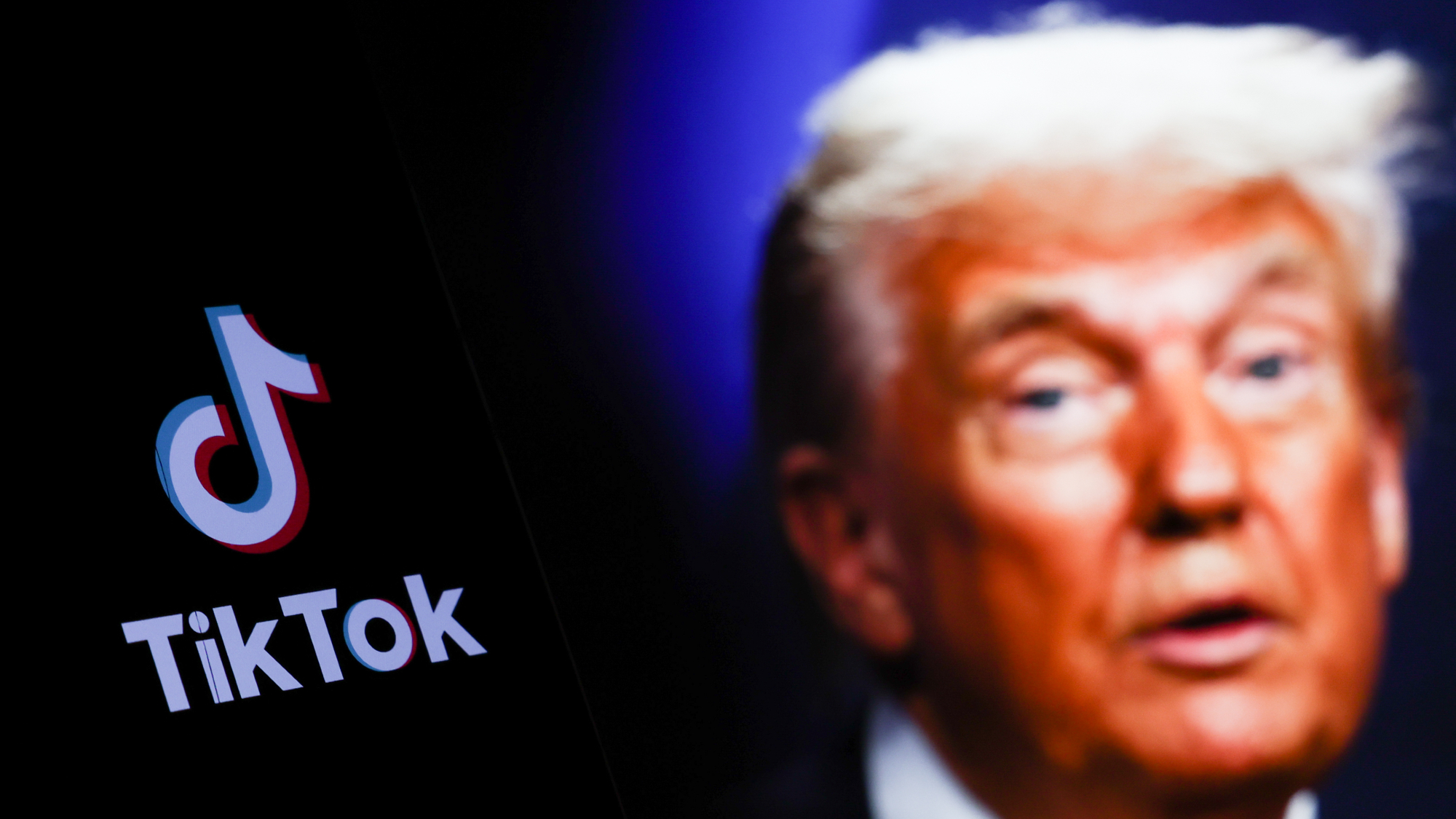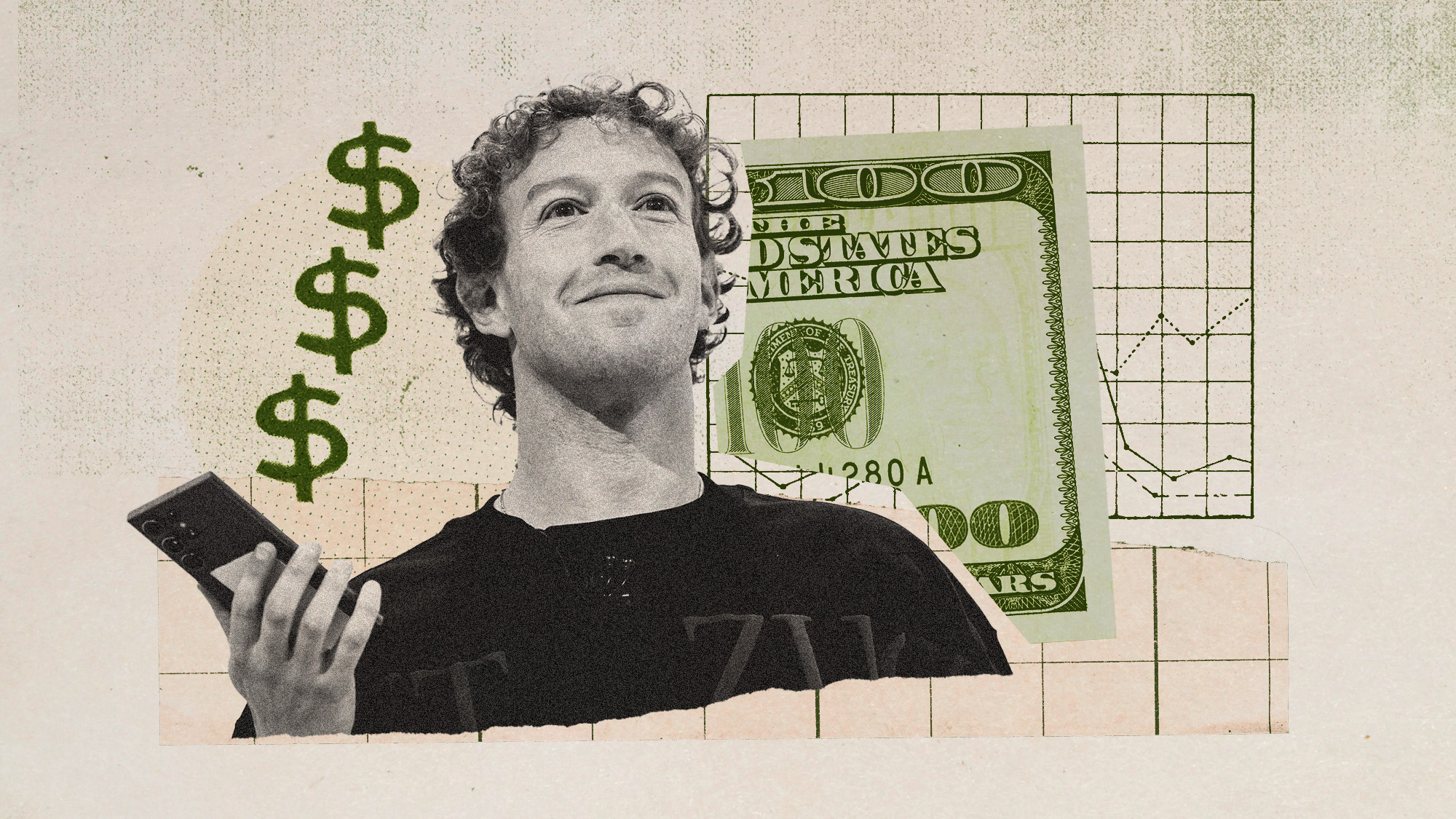Facebook uncovers online campaign to sway US midterm elections
Company deletes fake accounts amid fresh fears of Russian meddling

A free daily email with the biggest news stories of the day – and the best features from TheWeek.com
You are now subscribed
Your newsletter sign-up was successful
Facebook has deleted 32 pages and accounts from across its brands after detecting “coordinated inauthentic behaviour” apparently designed to sway the US midterm elections in November.
The company, which encompasses both Facebook and photo sharing app Instagram, said the accounts were spreading misinformation in a manner similar to the methods previously used by the Russian-based Internet Research Agency (IRA). The Kremlin-linked organisation was accused of interfering in the 2016 US presidential election.
However, the Facebook network said in a statement that the groups behind the latest fake accounts went to “much greater lengths to obscure their true identities” than the IRA has done in the past.
The Week
Escape your echo chamber. Get the facts behind the news, plus analysis from multiple perspectives.

Sign up for The Week's Free Newsletters
From our morning news briefing to a weekly Good News Newsletter, get the best of The Week delivered directly to your inbox.
From our morning news briefing to a weekly Good News Newsletter, get the best of The Week delivered directly to your inbox.
The social network revealed last October that Russian-backed content was accessed by 126 million Americans before the 2016 presidential elections, The Guardian reports.
Some of those accounts had Russian IP addresses, a unique computer code linked to internet activity. But the recently discovered groups used virtual private networks (VPNs) to mask their location, the newspaper says.
Among the deleted accounts were “Aztlan Warriors”, “Black Elevation”, “Mindful Being” and “Resisters”, said Facebook’s cybersecurity policy chief Nathaniel Gleicher.
According to The Daily Telegraph, some of the pages attempted to set up a march in Washington DC “to protest the far-right”, and “thousands of real Facebook users” registered their interest.
A free daily email with the biggest news stories of the day – and the best features from TheWeek.com
In total, more than 290,000 people followed at least one of the 32 purged pages and accounts, the paper says. The pages promoted themselves by spending around $11,000 (£8,400) on 150 adverts.
In order to identify other potentially bogus accounts in the run-up to the midterm elections, Facebook is planning to hire more people and invest in better technology, and will work more closely with law enforcement officials.
Facebook’s discovery comes a week after Trump tweeted that he was “very concerned that Russia will be fighting very hard to have an impact on the upcoming Election”.
“Based on the fact that no President has been tougher on Russia than me, they will be pushing very hard for the Democrats. They definitely don’t want Trump!” he wrote.
-
 The environmental cost of GLP-1s
The environmental cost of GLP-1sThe explainer Producing the drugs is a dirty process
-
 Greenland’s capital becomes ground zero for the country’s diplomatic straits
Greenland’s capital becomes ground zero for the country’s diplomatic straitsIN THE SPOTLIGHT A flurry of new consular activity in Nuuk shows how important Greenland has become to Europeans’ anxiety about American imperialism
-
 ‘This is something that happens all too often’
‘This is something that happens all too often’Instant Opinion Opinion, comment and editorials of the day
-
 Is social media over?
Is social media over?Today’s Big Question We may look back on 2025 as the moment social media jumped the shark
-
 Why Trump pardoned crypto criminal Changpeng Zhao
Why Trump pardoned crypto criminal Changpeng ZhaoIn the Spotlight Binance founder’s tactical pardon shows recklessness is rewarded by the Trump White House
-
 Trump allies reportedly poised to buy TikTok
Trump allies reportedly poised to buy TikTokSpeed Read Under the deal, U.S. companies would own about 80% of the company
-
 The noise of Bitcoin mining is driving Americans crazy
The noise of Bitcoin mining is driving Americans crazyUnder the Radar Constant hum of fans that cool data-centre computers is turning residents against Trump's pro-cryptocurrency agenda
-
 Social media: How 'content' replaced friendship
Social media: How 'content' replaced friendshipFeature Facebook has shifted from connecting with friends to competing with entertainment companies
-
 Meta on trial: What will become of Mark Zuckerberg's social media empire?
Meta on trial: What will become of Mark Zuckerberg's social media empire?Today's Big Question Despite the CEO's attempt to ingratiate himself with Trump, Meta is on trial, accused by the U.S. government of breaking antitrust law
-
 What does an ex-executive's new memoir reveal about Meta's free speech pivot?
What does an ex-executive's new memoir reveal about Meta's free speech pivot?Today's Big Question 'Careless People' says Facebook was ready to do China censorship
-
 What's Mark Zuckerberg's net worth?
What's Mark Zuckerberg's net worth?In Depth The Meta magnate's products are a part of billions of lives